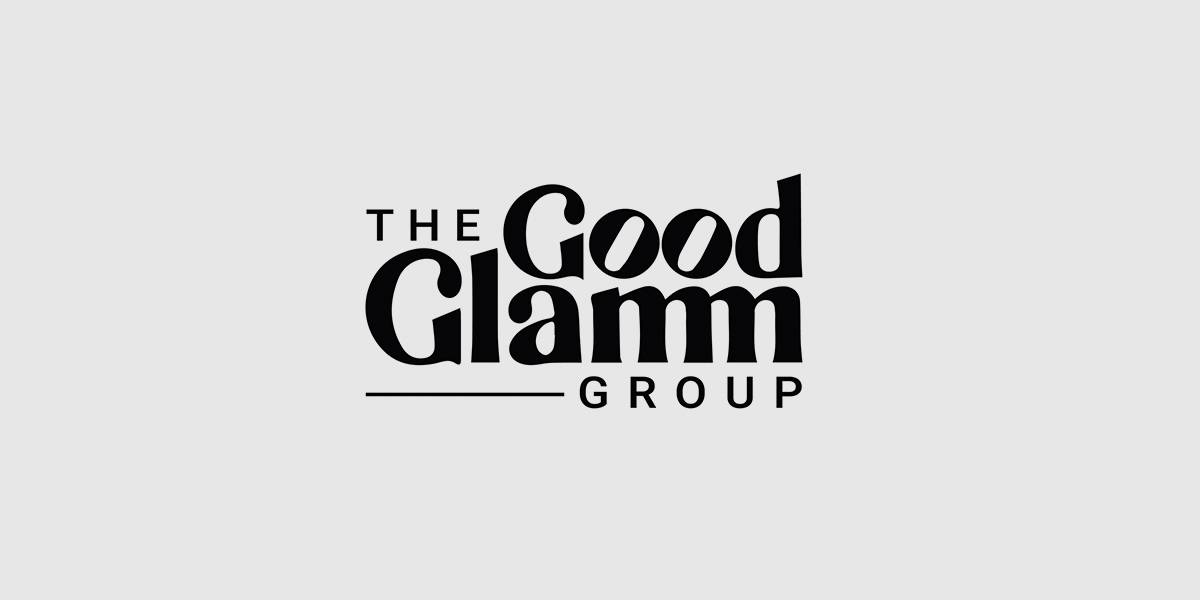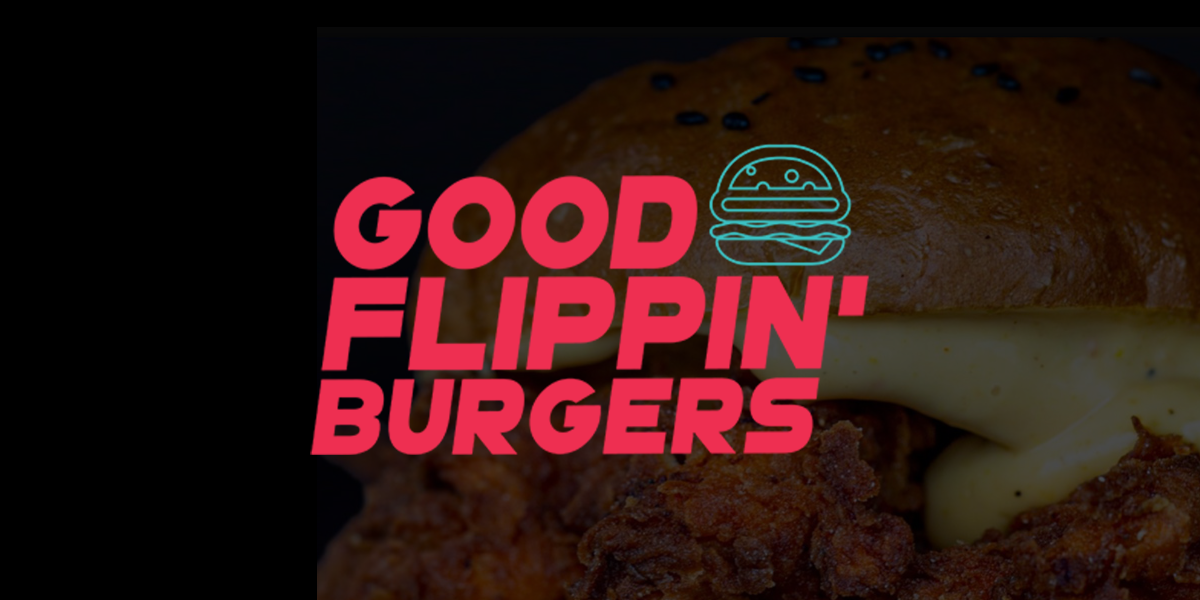Google is eyeing multiple startup investments and acquisitions as it looks to bolster its fintech play in India through its payments app Google Pay.
The tech giant is in early-stage talks with startups such as retail tech firms Perpule and Peel-Works, and a few others in the insurance and brokerage space for a potential investment or acquisition, according to two people familiar with the matter.
“They are looking at firms in the payments and POS space that will help them support their offline payments,” said the first person cited above, requesting anonymity. “The conversations are at a fairly early stage — Google has expressed an interest, and some initial talks have taken place.”
Perpule, founded in 2016 by Abhinav Pathak, Saketh B.S.V. and Yogesh Ghaturle, provides self-checkout and self-ordering solutions to customers at grocery stores, restaurants and office cafeterias.
And Peel-Works, founded in 2010 by Sachin Chhabra and Nidhi Ramachandran, offers a suite of technology solutions to merchants at neighbourhood stores. For instance, Peel-Works offers retail management platform Taikee which provides retailers with services such as ordering and inventory management, among others.
A caveat: the talks are at an early stage and it is not clear yet which ones may finally go through.
That said, Google Pay’s attempt to invest in offline retail management startups aligns with its strategy of aggressive expansion into offline digital payments over the past 6-8 months.
In March, The Economic Times had reported that Google Pay is looking to gain market share through kirana stores by creating an ecosystem of payment solutions for Indian consumers.
Also, Google is also looking at startups in the insurance and brokerage space which will help them sell financial services including insurance, mutual funds and provide wealth management advisory — all via Google Pay.
This comes at a time when digital payment companies are looking at diversifying their offerings to increase customer engagement on their apps. One such offering is the launch of digital gold. Digital payment players such as Google Pay and PhonePe are now offering customers the option to buy ‘digital gold’ on its platform, a service first launched by Paytm.
Google declined to comment for this story. Perpule and Peel-Works did not respond to our queries.
Experts tracking the digital payments space say that till now the B2C payments were focused on adding customers to their platform rather than making money.
Once the consumer is acquired, payment firms want to see how they can provide other services to consumers where money can be made. This is where offerings such as lending, insurance and investment products come in.
The first step is to acquire, second is to engage, and the third is to make money.
“Payments has been more about subsidising. It’s only a transactional relationship,” said an entrepreneur in the payment space, requesting anonymity. “Everyone is losing money, and no one has been able to build a relationship. But if the customer has taken a loan through this app or invested, then the customer stickiness automatically increases.”
Over the past several months, the sector has seen Google Pay and PhonePe race ahead in the digital payments game through the UPI bandwagon. Of the 918 million UPI transactions in August, PhonePe clocked 342 million followed by Google Pay at 320 million and Paytm at 157 million, according to a report by The Economic Times.
“Their focus on UPI rather than a wallet has helped with merchant adoption which in turn helped with customer adoption,” said a startup entrepreneur who works in the offline retail space, requesting anonymity. “Paytm used to charge the merchant to withdraw money from the wallet, which didn’t work in their favour and the elaborate KYC norms added further hurdles.”
However, come April 2020, both Google Pay and PhonePe may have to limit their market share to 33% due to NPCI’s cap on the UPI market share of digital payment companies. This move by the NPCI is expected to hamper the growth of Google Pay and PhonePe in the payments segment, thereby further underscoring the importance of diversification of their offerings.
Apart from offering digital gold and tax-saving funds, PhonePe is looking at increasing customer engagement on its platform by adding different apps as it aspires to become a super app of sorts. This allows users to directly browse and access over 50 different apps and services, including Ola, Myntra, Faasos and Grofers.
In June, PhonePe said it had 55 million monthly active users (MAUs). Google Pay, on the other hand, said in September that it had touched 67 million monthly active users.
These user numbers have come at a high cost. PhonePe spent Rs 1,296 crore on advertising and promotion according to its recent filings, whereas Google Pay is estimated to have spent around Rs 1,028 crore on cashback as reported by Entrackr.














